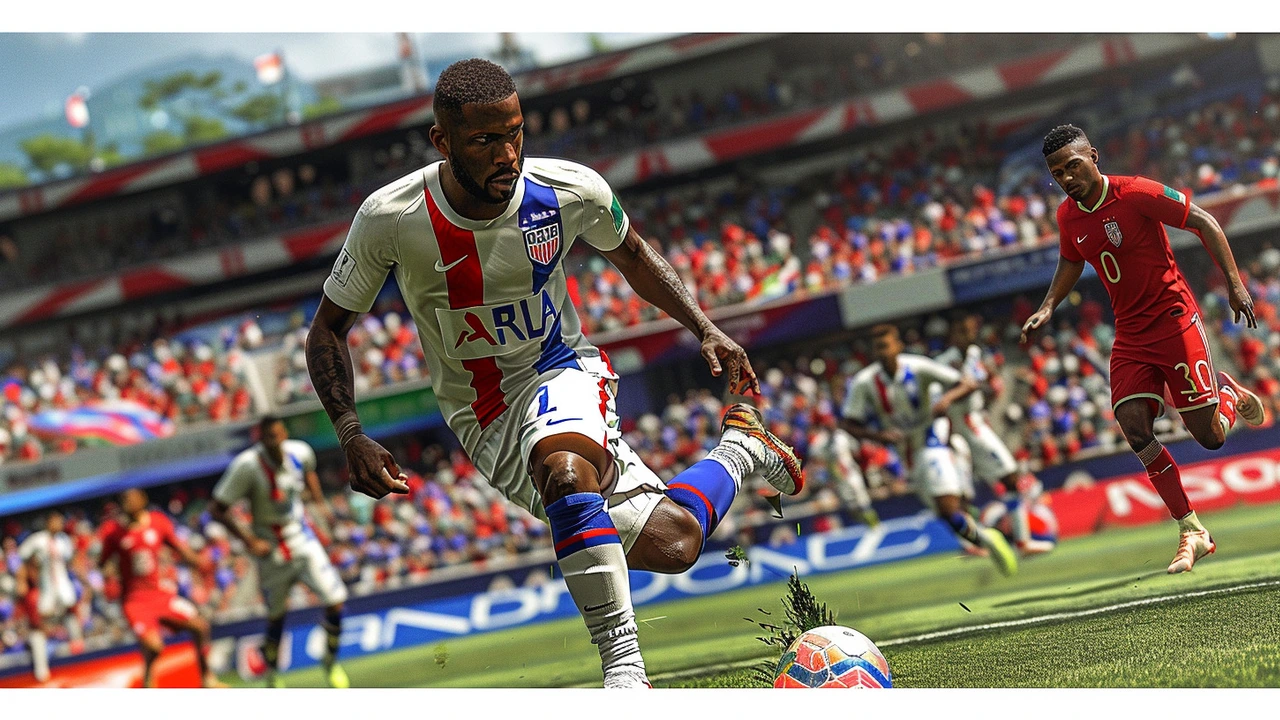
USMNT’s Disappointing Loss to Panama in Copa América 2024
In a tense and scrappy match at Mercedes-Benz Stadium in Atlanta, the US Men's National Team (USMNT) suffered a crushing 2-1 defeat at the hands of Panama during the second group stage match of the 2024 Copa América. This match, played on June 27, 2024, was loaded with drama and controversy that ultimately tilted in Panama’s favor.
An Early Turning Point: Tim Weah’s Red Card
The game began with promise for the US team, but it was quickly overshadowed by an early incident in the 18th minute when US winger Tim Weah was shown a red card. The controversial send-off left the team with a daunting task, playing the majority of the game with only 10 men. Despite the disadvantage, the USMNT showed resilience and managed to strike first.
Folarin Balogun's Lightning Strike
Just four minutes after Weah’s exit, forward Folarin Balogun found the back of the net in the 22nd minute. Assisted by Antonee Robinson, the goal was a momentary ray of sunshine for the US team and their fans. Balogun’s finish was clinical, but the lead was short-lived. Not long after, Panama responded, testing the determination of the US defense heavily.
Panama’s Swift Equalizer
Panama bounced back impressively. The equalizer came in the 26th minute when César Blackman capitalized on a defensive lapse by the USMNT, deftly slotting the ball past the US goalkeeper. For the next several minutes, the match continued to be a back-and-forth affair, but the true turning points were yet to come late in the game.
Second-Half Struggle and Defensive Efforts
The USMNT held their ground reasonably well through the halftime and into the second half, despite multiple forced substitutions due to both the red card and subsequent injuries. Though their defense was under constant pressure, the team exhibited grit. For over 70 minutes, the tenacious squad defied odds, attempting to hold Panama at bay with tactical adjustments and sheer will.
Panama Seals the Victory
As the match neared its conclusion, the relentless effort by Panama was finally rewarded. In the 83rd minute, a crucial goal by José Fajardo, assisted by Abdiel Ayarza, found its way into the net, tilting the game irrevocably in Panama's favor. The elation in the Panamanian camp was palpable, contrasting sharply with the palpable frustration among the USMNT players and their followers.
Impact on Group C Standings
This defeat left the USMNT with a 1-1-0 record and three points in Group C of the Copa América 2024. The team’s lineup, originally unchanged from their victorious bout against Bolivia, had to adapt dynamically due to the game’s unruly conditions. The squad now faces a crucial upcoming match against Uruguay on July 1, a game that will likely determine their fate in the tournament.
Fans and Atmosphere
The match drew an impressive crowd of 59,145 spectators, whose emotions reflected the highs and lows of the game's unfolding drama. Supporters of the USMNT will undoubtedly be hoping for a swift recovery and a change of fortune as their team prepares for what promises to be a challenging encounter against Uruguay.
Looking Forward: Key Decisions and Preparation
In the wake of this match, coach and team management are left to ponder key decisions in terms of squad rotation, strategy adjustments, and mental readiness. The arduous journey through the group stage was made even more challenging by this setback, but opportunities for redemption remain.
The Copa América demands resilience and the ability to adapt to unexpected events, qualities the USMNT will need to marshal in the days ahead. Fans and analysts alike will be watching closely, keen to see how the team responds to this hurdle and whether they can still carve out a successful path in one of the most prestigious tournaments in international soccer.
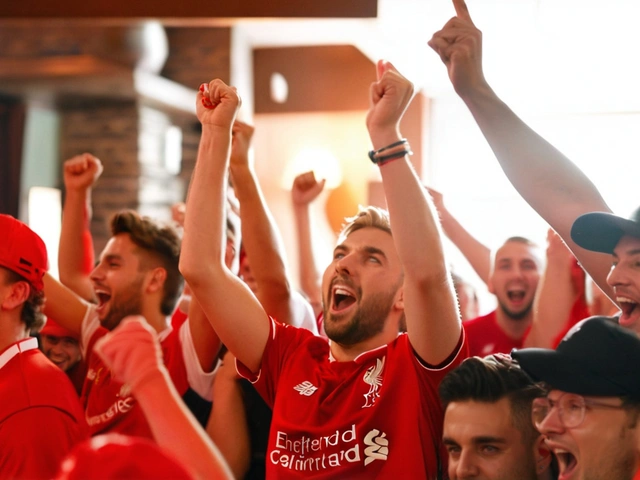
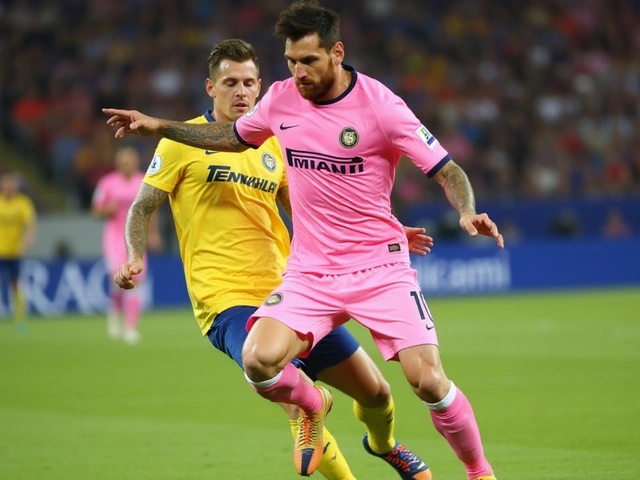
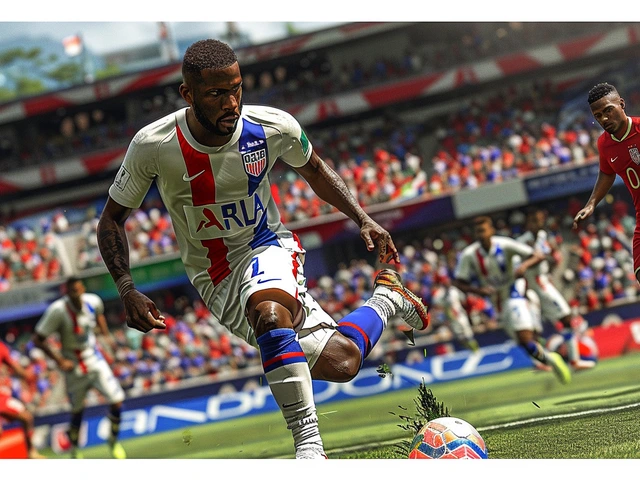


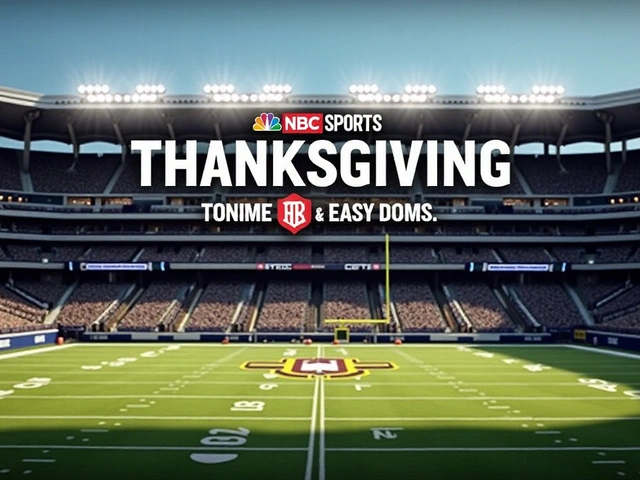

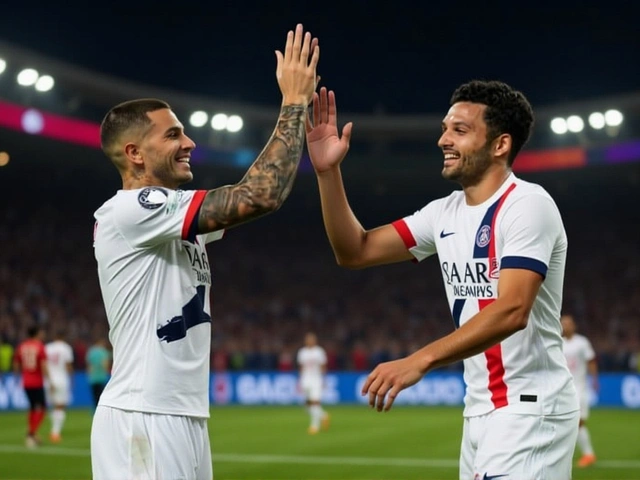
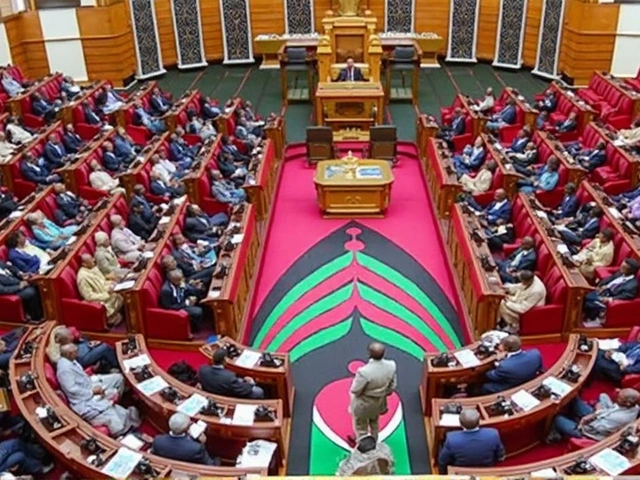
The dismissal of Tim Weah in the 18th minute fundamentally altered the tactical calculus of the USMNT, precipitating a cascade of strategic deficits that manifested throughout the remainder of the encounter. By virtue of operating with a numerical disadvantage, the United States was compelled to transition from a high‑pressing 4‑3‑3 schema to a more conservative 5‑4‑0 formation, thereby sacrificing width and fluidity in the attacking third. This structural contraction inevitably intensified the workload on the remaining full‑backs, whose positional discipline wavered under the compounded pressure of Panama's rapid transitions. Moreover, the psychological impact of a red card cannot be overstated; player morale deteriorated in tandem with the erosion of spatial control across the half‑space. Folarin Balogun's early strike, while commendable in its execution, was rendered strategically hollow given the subsequent inability to sustain possession and exploit the vacated zones. The ensuing equalizer by César Blackman exploited a lapse in zonal marking, evidencing the United States' compromised defensive lattice. In the second half, the US side attempted a series of in‑play adjustments, introducing a mezzanine of midfield reinforcements to bolster ball retention, yet these interventions were insufficient to offset the cumulative fatigue accrued by the ten‑man unit. The culminating goal by José Fajardo epitomized the tactical superiority of Panama's compact pressing blocks, which systematically constricted passing lanes and induced turnover opportunities. From a statistical perspective, possession metrics skewed heavily in favor of Panama post‑red card, with a 62% share, underscoring the inefficacy of the United States' containment efforts. Consequently, the match outcome serves as a case study in the detrimental ramifications of disciplinary infractions within high‑stakes tournament contexts. Future squad rotations must incorporate contingency protocols for red‑card scenarios, emphasizing versatile players capable of seamless role adaptation. Finally, the broader implications for Group C dynamics are profound, as the United States now confronts a decisive showdown against Uruguay, wherein tactical rigidity must be supplanted by adaptive ingenuity to salvage tournament aspirations.
Panama’s counter‑press was razor sharp and the US defence simply couldn’t keep up
While the statistics underline Panama’s efficiency, let’s not overlook the resilience the US showed after the setback-holding the line for over 70 minutes with ten men is a testament to their fighting spirit.
From a motivational standpoint, the experience gained in navigating adversity will undeniably fortify the squad’s composure ahead of the Uruguay clash; resilience under pressure often translates to tactical clarity.
What a lamentable outcome for the US.
One might argue that the real tragedy lies not in the scoreline but in the missed opportunity for a philosophical reflection on sport’s inherent unpredictability; nonetheless, the US must now engage in rigorous introspection to recalibrate their strategic paradigm.